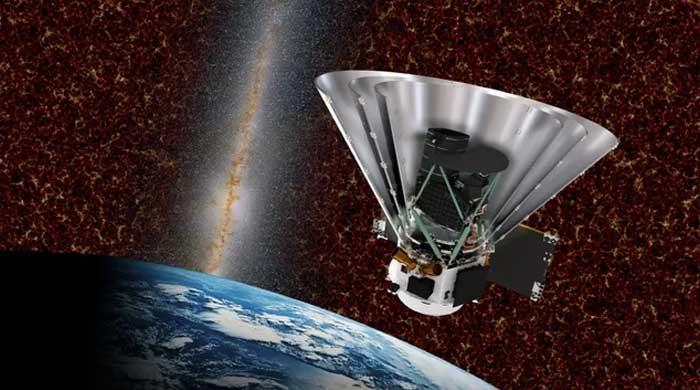Did comets play 'major role' behind making life possible on Earth?
Most water was likely deposited by comets or asteroids, say some scientists
December 13, 2024

The “rubber-ducky” comet 67P data’s reanalysis, which was collected nearly a decade ago, suggested that comets may have deposited a lot more water on Earth than scientists thought previously.
In the past decade, the idea that comets delivered water to early Earth has fallen out of favour. However, a new look at data from the European Space Agency's (ESA) Rosetta mission to an iconic “rubber ducky” comet has reopened that possibility, reported Live Science.
It is important to note that water has a pretty simple chemical makeup. It has just three atoms — two hydrogen and one oxygen — in each molecule. Moreover, with our planet's oceans brimming with about a million trillion tonnes of the liquid, it’s also one of Earth’s most abundant molecules.
Though, it has remained a mystery how all of this water ended up on Earth.
According to some scientists, although Earth's geological processes may have generated a tiny fraction of it, most water was likely deposited by comets or asteroids via repeated, cataclysmic collisions.
Earth's D/H ratio is similar to those of many asteroids and a handful of Jupiter-family comets, as per the research over the past few decades.
Additionally, the comets from the Jupiter-family are a group of comets that swing past the sun roughly every 20 years and whose paths are tweaked by Jupiter's gravity.











